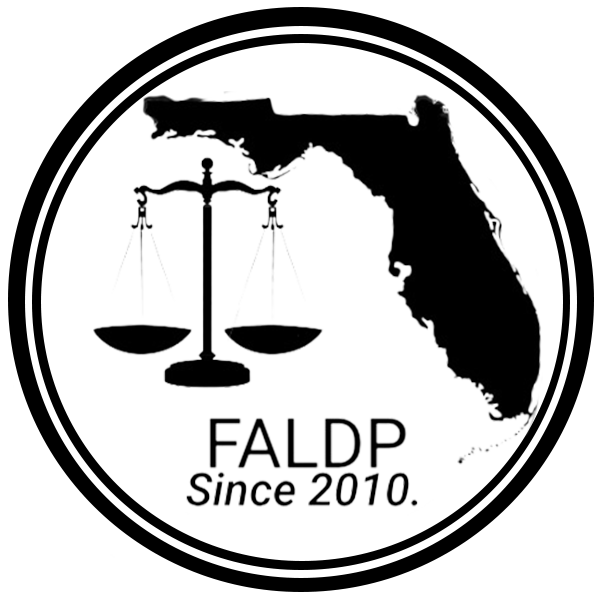800-515-0496
Landlord/Tenant Course Navigation
Rights & Responsibilities

Landlords have a significant amount of responsibility. As a landlord, you are accountable to tenants, neighbors, property owners, the city, the county, the IRS, contractors, the insurance company, and the mortgage lender. You will likely perform several functions when managing the property, such as:
First and foremost, your responsibility is to ensure the rental unit is habitable. According to a booklet entitled Becoming a Landlord produced by the Federal National Mortgage Association (Fannie Mae) "‘Habitability' may be defined differently from jurisdiction to jurisdiction, but at the very least you must –
- Maintain all common areas, such as hallways and stairways, in a safe and clean condition;
- Ensure that the electrical, plumbing, sanitary, heating, ventilating and air conditioning systems are running and properly maintained;
- Supply running water, hot water and heat in reasonable amounts at reasonable times; and
- Provide trash receptacles and arrange removal of trash and rubbish."
However, simply providing a "habitable" place does not guarantee you will have success filling the rental units. Managing the property effectively means exceeding the minimum standards. Your responsibilities include managing the environment that your tenants share. This may require you to handle disagreements between tenants. It is imperative that you maintain a neutral and professional attitude when dealing with tenants. Landlords are legally required to act fairly and reasonably. The best practice is to clearly define expectations in the lease, and handle each incident according to the lease.
Property Maintenance
An important part of the landlord's role is to provide a rental space that is safe. You are expected by law to maintain safe conditions within and around the buildings. Providing locks and adequate lighting for the exterior and common areas is required in most cities. Tenant health and welfare are the foundation of many rental property laws across the US.
Updates are a normal part of maintaining a property. Replacing appliances and equipment in the property is typically the landlord's responsibility. Exterior painting, replacing fixtures, and appliances should be done in a timely manner. Unless it's a critical measure, updating interior space is best done between tenants. Fresh interior paint may be necessary following a tenant's departure, and appliances should be replaced every 7 to 10 years. Exterior painting is usually done every five to seven years.
Repairs should be handled in a timely fashion. Damages caused by the tenant are generally viewed by law as a responsibility of the tenant. However, events such as an appliance breaking down or damage caused by events of nature are the landlord's responsibility. Lack of heat, no running water, electricity outages and exposure to outside elements or hazardous materials are emergency situations that require immediate attention. Otherwise, it is allowable to attend to a repair in a reasonable time frame. Keep in mind that delayed response to necessary repairs that cause further damage is generally considered negligence by the party causing the initial damage. Tenants should notify you if something needs repairs. Keep your list of handymen, lawn care professionals, tree surgeons, plumbers, electricians, and carpenters up to date.
The property must provide ease of access for tenants and visitors, both during entry and in an emergency. Keeping halls and stairways free of obstacles. You may be required to provide additional safety measures, such as hard wired smoke detectors and carbon monoxide detectors. Fire regulations differ by city and county, but you may be required to have at least two points of entry and exit per unit. Some properties must also provide access for disabled occupants.
Maintaining a property is not only a duty but a selling point for your rental units. By performing regular maintenance, you accomplish two things: 1) preventing the possibility of greater cost and inconvenience due to expensive repairs; and 2) show tenants that you care about the building they occupy.
Laws, Rules, Regulations, Local Ordinances
As a landlord, you must comply with a variety of laws and regulations including: housing standards, building codes, environmental regulations, state, federal, and local requirements. All of these landlord/tenant laws dictate how you must conduct business.
Most of a landlord's responsibilities are governed by the landlord-tenant laws. Because the relationship is somewhat unbalanced in favor of the landlord – especially in residential income properties – the regulations are in place to establish fair principles that both parties must follow.
These regulations include:
- structural requirements,
- providing adequate waste and food preparation facilities,
- eviction procedures,
- security deposit collection,
- notification requirements,
- safety and health requirements, and
- rent collection practices
Keep
in mind that these laws are in place to protect both parties. A
landlord's right to entry prohibits a tenant from denying access to
the unit, but generally requires that the landlord provide adequate
notice to the tenant prior to entry.
Tenant Responsibilities
Managing an income property is not a one-way relationship; tenants have responsibilities as well. Besides the commitment to pay rent on time, tenants are generally required to:
- Keep the rental unit and the area surrounding it clean and in good condition
- Promptly notify the manager of damage
- Refrain from disturbing neighbors (e.g. loud noise)
- Repair property damage caused by the tenant
- Allow access to the manager/owner at reasonable times
- Notify the manager about long-term absences from the unit
- Provide adequate notice prior to moving out
- Provide a security deposit to cover repairs or as missed rent
- Pay the Rent in full and on time.
Unless the tenant has violated a condition of the contract or a law or regulation, she has the right to occupy the rental space for the entire lease period. Many residential leases are for one year periods. In Florida after the lease term expires, the tenancy automatically becomes a month to month tenancy, unless a new lease is signed. Generally, all of the lease terms remain in effect, except for the duration of the lease, and a one month notice is required. If the landlord decides he wants the tenant to move, he gives the notice to the tenant in writing 30 days in advance; and vice versa, if the tenant wants to move he gives notice to the landlord 30 days in advance.


